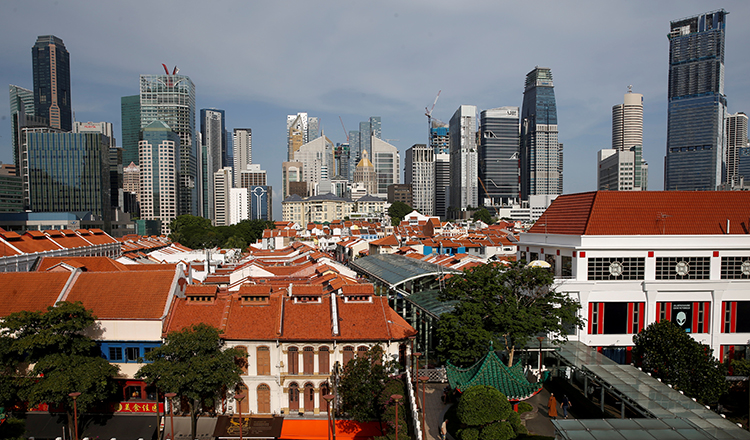Cambodia: Taxation agreement with Singapore in effect
The double tax avoidance agreement (DTA) between Cambodia and Singapore came into effect this month, helping clarify taxation rights on all forms of income arising from cross-border business activities, while minimising double taxation.
On January 1 the Inland Revenue Authority of Singapore (IRAS) issued an announcement stating that the DTA with Cambodia “comes into effect today”.
A DTA is a bilateral agreement between two countries that aims to avoid double taxation as a result of the application of their respective domestic tax laws.
The agreement was signed in Singapore on March 20 last year between Indranee Rajah, Singapore’s Senior Minister of State for Law and Finance, and Aun Pornmoniroth, Cambodia’s Senior Minister of Economy and Finance.

Under the agreement, both parties agreed to lower barriers to cross-border investment and boost bilateral trade.
Anthony Galliano, the founder and CEO of Cambodian Investment Management, said the agreement with Singapore has helped Cambodia gain invaluable experience in the negotiation of this type of treaties.
“Singapore was the logical first choice,” he said. “It is a part of the Asean Economic Community and as Cambodia integrates into this community it must sign double taxation agreements with member countries,” he said.
“The Singapore DTAA is baby steps with much more material DTAs on the way, with the likes of China, Thailand and Vietnam. It is crucial for Cambodia to integrate into the Asean Economic Community and DTAs are a critical stepping stone.
“I am very encouraged to see progress on the FTA front with China, Brunei, Thailand and Hong Kong. Now that the test run has been successfully achieved with Singapore, I would expect accelerated traction with larger member countries, especially with China who matters the most to Cambodia economically,” he said.
On September last year, Cambodia also reached a DTA agreement with Thailand.
According to Mr Galliano, Singapore’s accounts for only two percent of total FDI in the country.
“The impact of the treaty is negligible, especially as its benefits are substantially just marginal reductions in withholding tax on dividends, interest royalties and on fees for technical services.
“In terms of commerce and trade, I believe these two countries are very much on separate sides of the spectrum. There is an absence of economic symmetry between the two countries and I don’t foresee any substantial uptick in investment into Cambodia from Singapore.”
Source: http://www.khmertimeskh.com/50100403/taxation-agreement-singapore-effect/


 Thailand
Thailand




